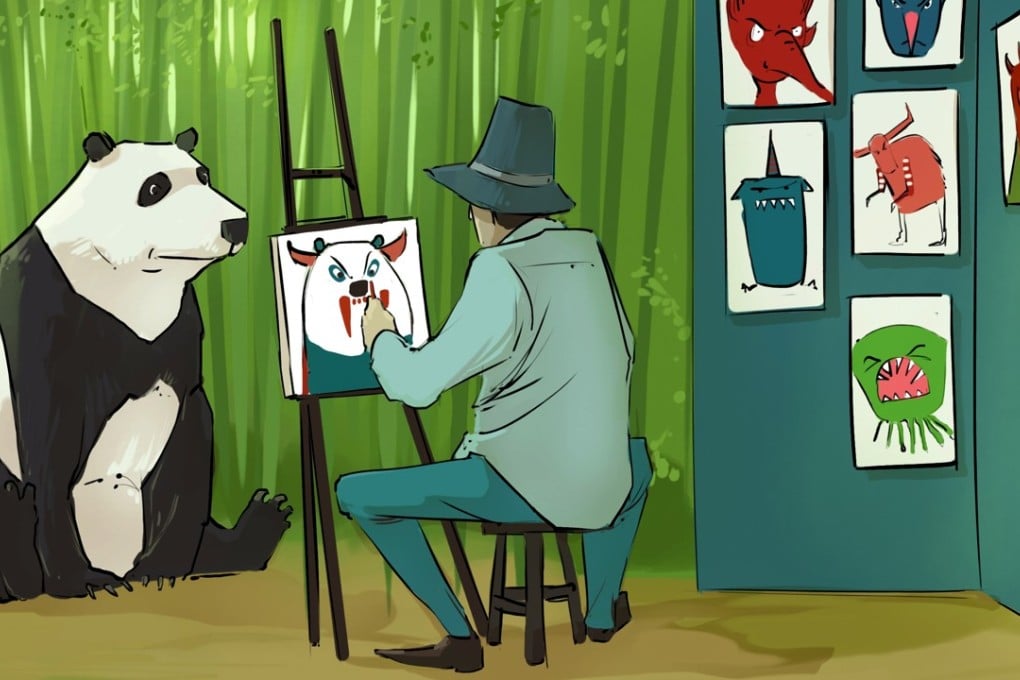Opinion | Americans should question the ‘evil China’ narrative and tone down the fearmongering
Tom Plate says the recent controversy over how international airlines should list Taiwan’s airport demonstrates how the US stokes fear of China, insisting that everyone, including airline companies, embrace the idea of China as the villain

An unnecessary – even silly – controversy can yield an outcrop of clarity obscured in the fog of complexity. Take the Taipei/Taiwan/China contretemps over how international airlines should list Taoyuan International Airport on its booking websites. Is a third world war really going to erupt over something like this? Sometimes you have to wonder.
The backstory: when the Beijing government – which is always hyper-touchy about Taiwan, but everyone should know this by now – started to lean on the world’s airlines not to label or even imply that Taipei was anything other than a part of the People’s Republic of China, much of the English-language media framed this as the story of a hummingbird (Taiwan) rolled over by the gorilla (Beijing), while also slandering the airlines as winged wimps when one after the other they began their descent into the desired labelling conformity.
Yet, the world’s commercial carriers were entirely within their rights to accept as a matter of necessity Beijing’s strong stand. The most reasonable remit for our commercial airlines is not to want them to play a role in adjudicating global tensions but focusing on landing their planes safely where they are supposed to land – even at Taoyuan International Airport – no matter how bumpy the weather. This by itself is an important, skilled service – and for every success, every edgy passenger is eternally grateful.
From an international-law perspective, Beijing’s “request” mirrored the long-ago-settled one-China UN formulation that’s officially accepted by governments almost everywhere. Are we going to relitigate this again and again?
